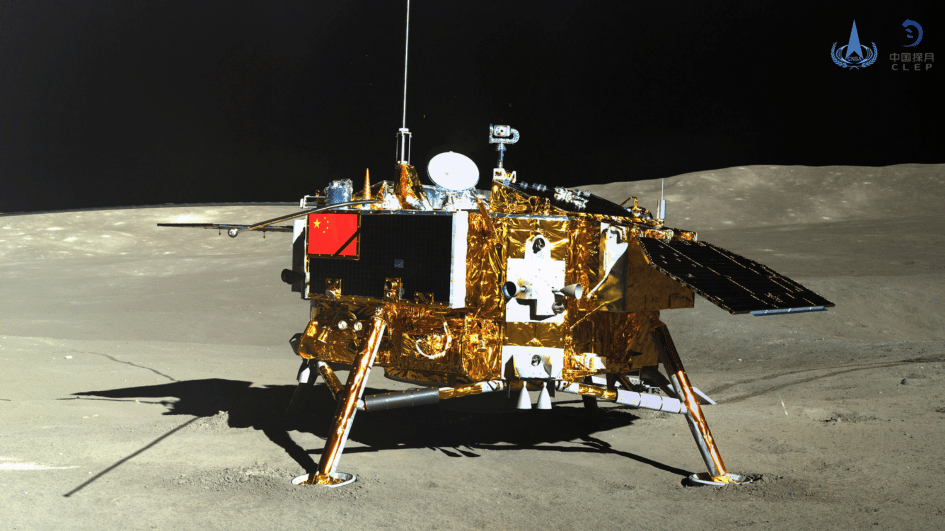‘Celebrating’ Feb 28
The anniversary of Feb. 28, 1997, turned out to be a sort of “celebration” this year, a celebration of the defeat of “the military hegemony” and of the triumph of civil politics.
In fact, it was more the defeat of “the secularist hegemony” and the rise of conservative majority of civil society rather than the fall of military and the victory of democratic powers. Nevertheless, it was a democratic victory since AKP managed to come into power by popular majority vote with the promise of democratizing the political system.
The result of the 2002 general elections was “revolutionary” in this sense, so much so that “counter revolutionary forces” tried every way to change the course of politics by media pressure, attempts of military and judiciary interventions. Thankfully, they all failed since the AKP managed to hold power through an ever-increasing popular support. After the 2007 election, AKP had total control over all power centers and since then, it is the hegemony of AKP rather than civil democracy which is firmly established.
Now is the time to “rewrite” the official ideology and official version of political history. The debates on the infamous post-modern coup on its anniversary are a part of this process of rewriting history. Unfortunately, those who are powerful write the history as an aspect of their political legitimacy in all ages and in all cases – the “New Turkey” is no exception.
Now, the story goes that, military and its supporters were the “bad guys” and the conservatives were the “good democratic forces” who overcame all obstacles. Those who were the supporters of the Feb. 28 coup and now pledged loyalty to the AKP power were “the victims” of the system of military hegemony. They did “bad things” only because the military was so powerful that they were frightened. Those conservatives who supported the coup were helpless for the same reason and the rest was all evil.
The new history of the rise of “the glorious democratic powers” never mentions present democracy deficits, and those who dare to raise this issue are being accused of being “the tools of dark powers” who engage in plots to weaken the government. “The democrats” who support the government are the first to accuse the criticisms as being extensions of the “Ergenekon plot.” Those who remind people of the return of militaristic politics concerning the Kurdish question are labeled as supporters of PKK’s “politics of violence.”
According to the discourse of the official version of the New Turkey, AKP represents “the fight for democracy” and Turkey enjoys the rise of civil democracy despite all odds, and those who are enemies of AKP, and therefore of democracy, mostly have a “hidden agenda.” That is why when democrat friends of AKP dare to criticize the government policies concerning the drifting away from democratic politics, they refer to the problem as “a risk” rather than “a fact.”
They try to be careful to focus on specific events, speeches and personalities, as deviations from “the true path of AKP.” They criticize PM Erdoğan either by being “misled” by others, or by comparison with himself that Erdoğan denies his true self and his legacy. This is the tragicomical face of the discourses of official ideologies and history writings, old and new.











